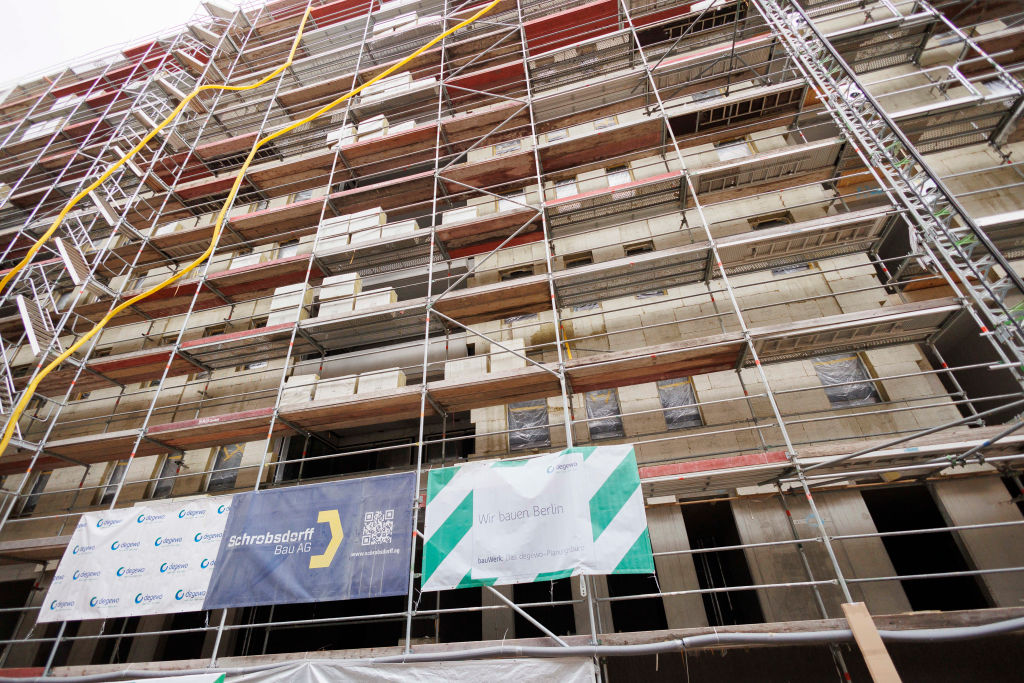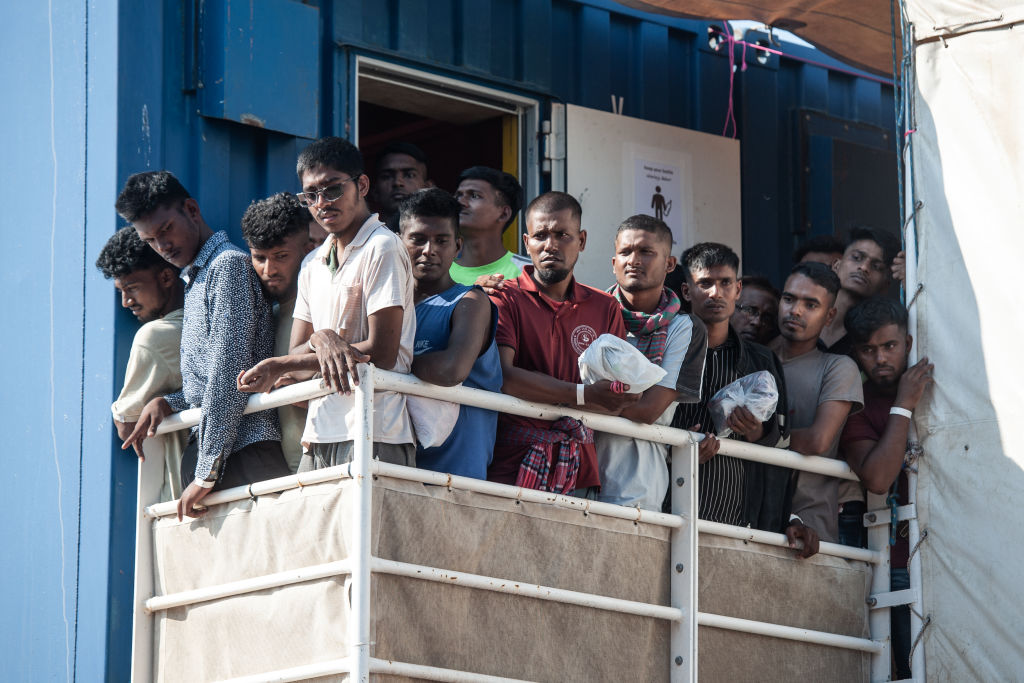Elections in the German states of Hesse and Bavaria turned out to be a convincing victory for the centre-right Christian Democrats, with the hard-right AfD also making gains.
The result is seen as a blow to German Chancellor Olaf Scholz, as all three partners from the ruling “traffic light” coalition suffered heavy losses both in Hesse and in Bavaria. Commentators say this might impact the national government.
Jens Spahn, a senior legislator for the Conservative Christian Democrats (CDU), said that rarely had a government been given such a comprehensive drubbing. “And rarely has it been so clear: whether on migration, the economy or climate policy, people want a different politics,” he said.
In Hesse, the location of Europe’s financial hub Frankfurt, the Social Democrats took part in the elections under the leadership of Germany’s interior minister Nancy Faeser. That seemed to have little effect as, with 15.1 per cent, the left-wing party ended up in third place.
Faeser and the party were far behind the CDU, which garnered 34.6 per cent of the vote. The hard-right AfD that scored 18.4 per cent.
The Greens also slid backwards and lost 5 per cent of the vote, or seven seats. The results were even worse for the hard-left Die Linke Party, which did not reach the 5 per cent threshold needed to enter the Hessian State Parliament. The Liberals of FDP flirted with the same threshold, but landed just north of it, securing 8 seats in the end.
In Bavaria, the Christian Democrats remained on top, with 37 per cent of the vote. Big winners were the Conservative Free Voters of Bavaria with 15 per cent of the vote, gaining 10 seats. AfD increased its share to 14.6 per cent of the vote.
In fourth was The Greens party, which was left stranded at 14.4 per cent. Fifth were the Socialists with just 8.4 per cent. The FDP did not even reach the threshold required to enter the state parliament.
The votes seem to indicate that, despite the negative coverage in the media and warnings from captains of industry, AfD is gaining support from German voters. The party seems to be growing outside East Germany, making progress in the richer West.
On X, AfD party president Alice Weidel, who is under state protection due to threats against her family, said: “After this disastrous result, there can be no ‘business as usual’ for the traffic lights [government].
“The citizens in Hesse and Bavaria have made it clear that they have had enough of disenfranchisement, expropriation and a migration policy that cannot be justified by anything. Thank you for the great support!”
Ein "Weiter so" kann es für die Ampel nach diesem desaströsen Ergebnis nicht geben. Die Bürger haben in Hessen & Bayern klargemacht, dass sie genug haben von Entmündigung, Enteignung und einer Migrationspolitik, die durch nichts zu rechtfertigen ist. Danke für die große… pic.twitter.com/GSgqhaNKy3
— Alice Weidel (@Alice_Weidel) October 8, 2023
Hubert Aiwanger, leader of Free Voters of Bavaria, said: “Now second force in Bavaria! Many thanks to our voters! This is our mission to continue to stand up for your concerns! Strengthen democracy, take citizens’ concerns seriously, don’t let the migration issue continue unchecked!”
#FREIEWÄHLER jetzt zweite Kraft in Bayern! Großer Dank an unsere Wähler! Das ist unser Auftrag, weiter für Eure Anliegen einzutreten! Stärkung der Demokratie, Sorgen der Bürger ernst nehmen, Thema Migration nicht unkontrolliert weiterlaufen lassen! #Aiwanger #Landtagswahl pic.twitter.com/TnTxOpO72X
— Hubert Aiwanger (@HubertAiwanger) October 9, 2023
Over this summer, the progressive parties had tried to damage Aiwanger by accusing him of writing a pamphlet as a 17-year-old student in 1998 that mocked Auschwitz and the Holocaust, which he denied doing.
Conversely, parties on the Right campaigned hard against “green” policies, with politicians from The Greens party being booed and jeered at their own campaign events by angry citizens.
Approval ratings for the German Government remain low, with four out of five Germans rejecting its policies, according to polls. In particular, the policies on migration and climate are unpopular.
There is also popular displeasure with the Energiewende, the German energy policy aiming for zero-emission and a shift away from nuclear energy.





